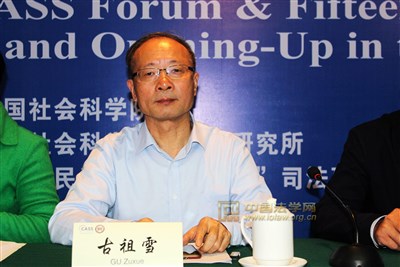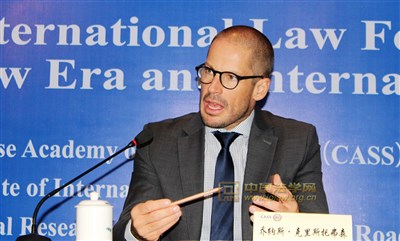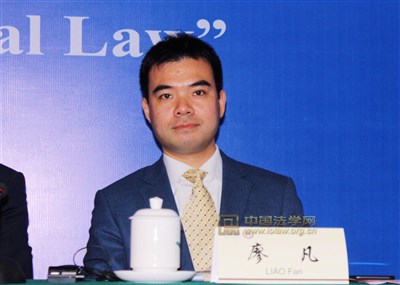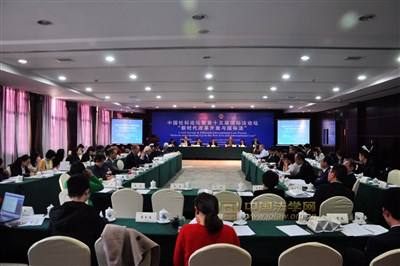
The CASS Forum and Fifteenth International Law Forum: “Reform and Opening-Up in the New Era and International Law” was successfully held in Beijing on October 27-28, 2018. The forum was sponsored by CASS, jointly organized by CASS Institute of International Law and the “Belt and Road” Judicial Research Base of the Supreme People’s Court, and attended by over 70 scholars and experts from various universities, research institutions and government organs both in China and abroad, including CASS, Peking University, Tsinghua University, China University of Political Science and Law, University of International Business and Economics, Beijing Institute of Technology, Wuhan University, Nanjing University, Xiamen University, Jilin University, East China University of Political Science and Law, Zhongnan University of Economics and Law, Zhejiang University Gongshang University, Shanghai University of Political Science and Law, Danish Institute for Human Rights, Geneva Academy of International Humanitarian Law and Human Rights, Max Planck Institute for Comparative and International Private Law, ICRC, Oxford University, Pontifical Catholic University of Peru, University of Stockholm, Kanagawa University, University of New South Wales, University of Belgrade, and the Shippers Association of Taiwan Province.
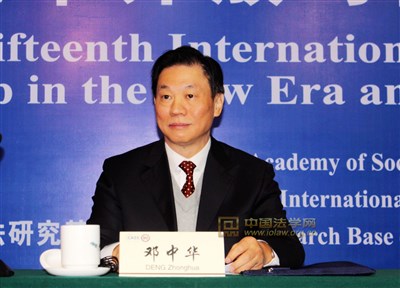
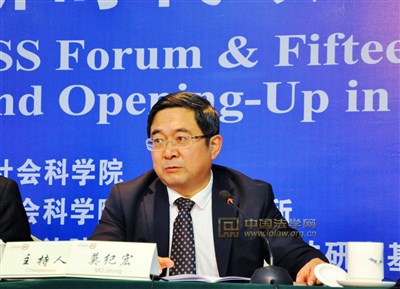
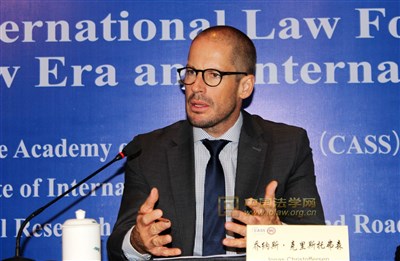
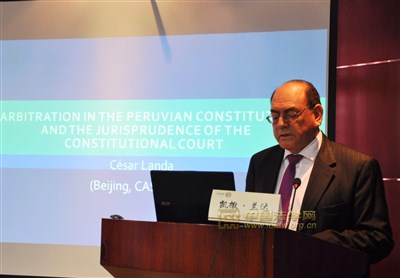

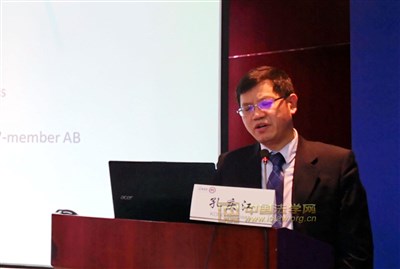
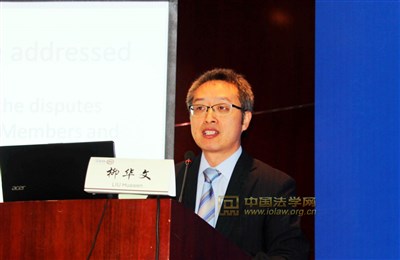
At the opening ceremony, presided over by Professor Mo Jihong, Deputy Director of CASS Law Institute, keynote speeches were given by five experts on such topics as “The Universal Declaration of Human Rights and a Community of Shared Future for Mankind”, “arbitration under the Constitution and the Precedents of the Constitutional Court in Peru”, “China’s Increasing Influence and Development: the Importance of Common Article 1 of the Geneva Conventions of 1949”, “A Proposal for the Establishment of a Mega-plurilateral Appellate Body Within the Framework of WTO”, and “40 Years of Reform and Opening-up and China’s Path of Human Rights Development”.
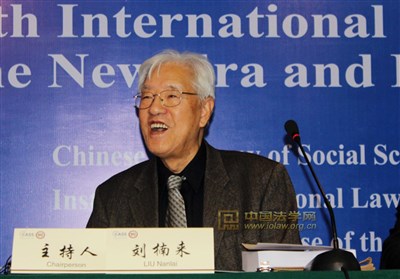
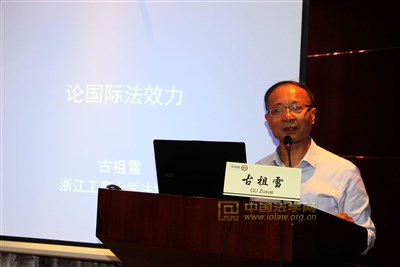

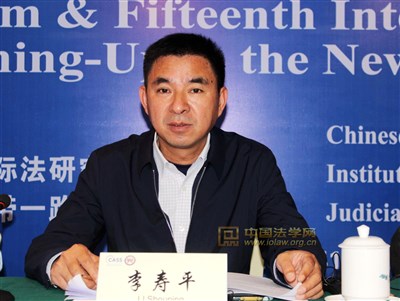
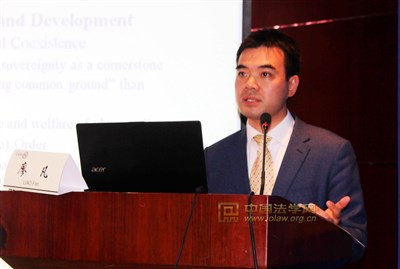
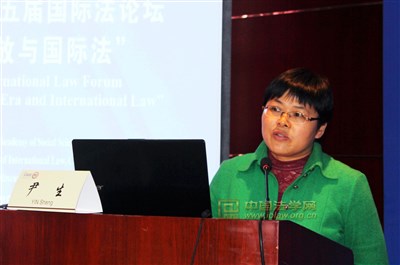
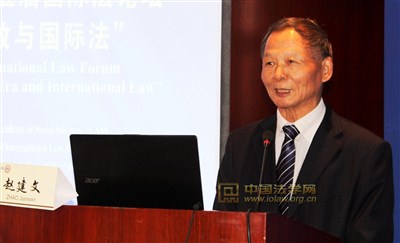

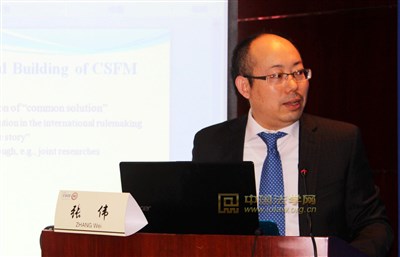
The forum was divided into six sessions. In the first session, the participants discussed such issues as the effect of international law, the co-evolution between international law and China, Community of Shared Future for Mankind as a Guidance for the International Rule of Law, The Interpretation and Building of the Community of Shared Future for Mankind from the Perspective of Global Governance, Innovation of International Law in the Context of Building a Community of Shared Future for Mankind, and international law issues in the China-US trade friction.
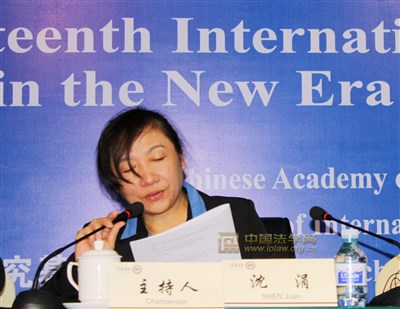
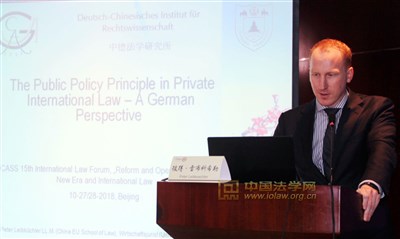
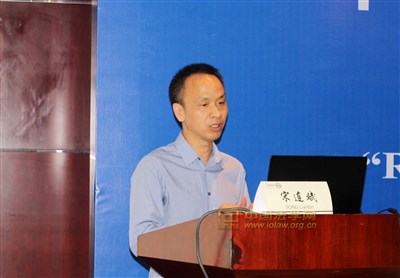
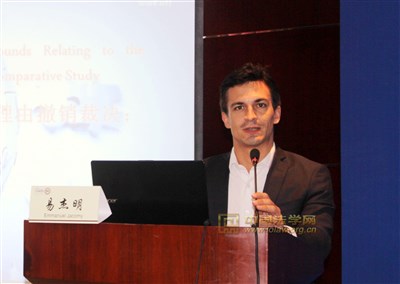

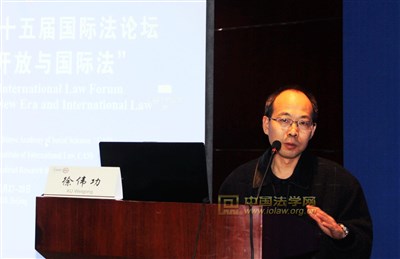

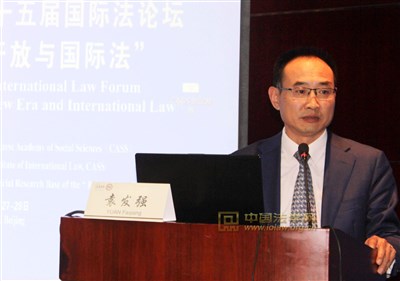
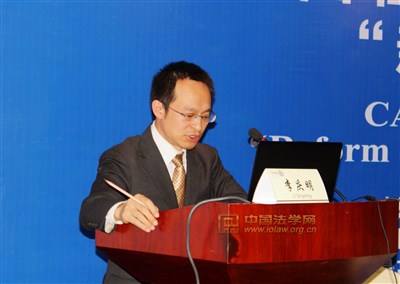
In the second session, the following issues were discussed: The Ordre Public: A German Perspective, New Progress in the Judicial Supervision System of Arbitration and Its Significance, Annulment of Arbitral Awards on Grounds of Due Process: A Comparative Study, the Establishment of the Foreign-related Circuit Court System in China, the Codification of Chinese Private International Law, and How Can the Court Assist in Ad Hoc Arbitration.
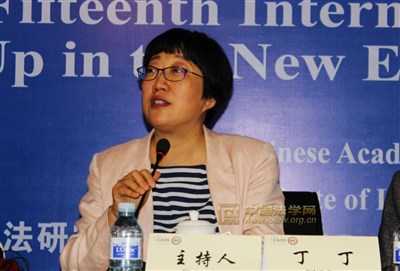
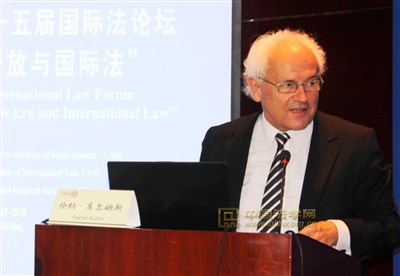
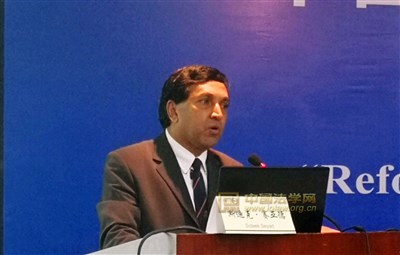
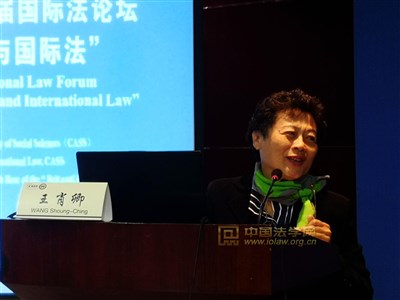
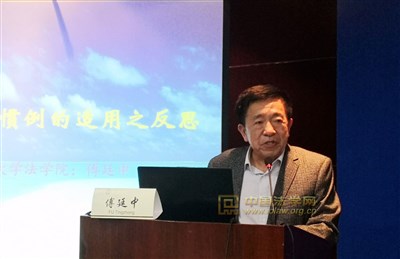
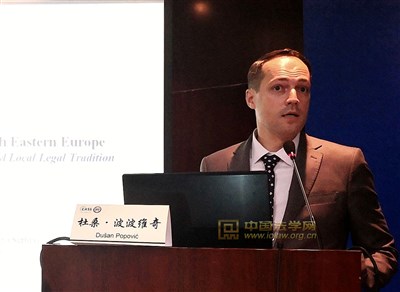
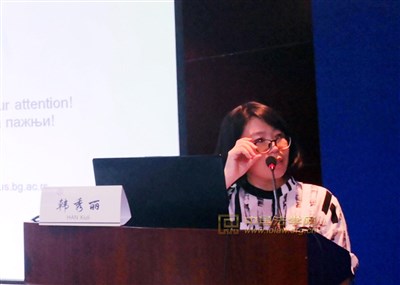
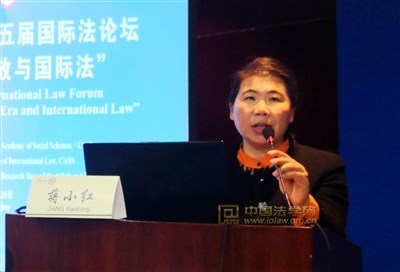
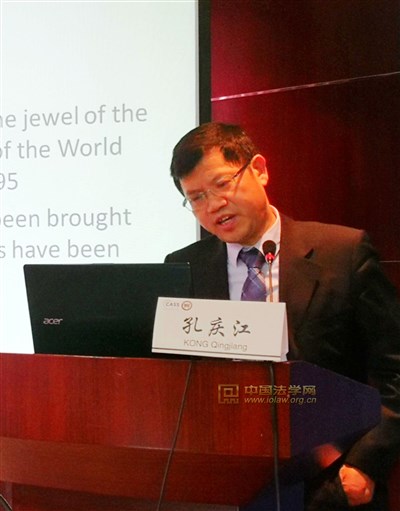
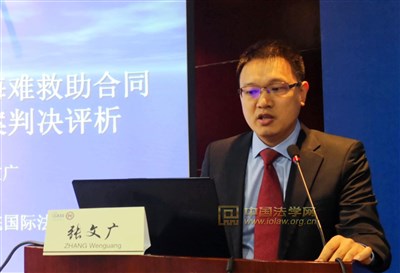
Topics discussed in the third session included: International Derivatives – A Case for Blockchains and Smart Contracts, Current Problems in International Trade Relations, If Rotterdam Rules Failed in Acceptance, Reflection on the Application of International Marine Practice, The Building of Competition Law Regimes in South Eastern Europe: Stabilization and Association Agreements and Local Legal Tradition, Keep Away from Neo-Colonialism: Thinking Chinese Economic Engagement in Africa from the Perspective of International Law, How International Investment Treaty Promotes the Sustainable Development.

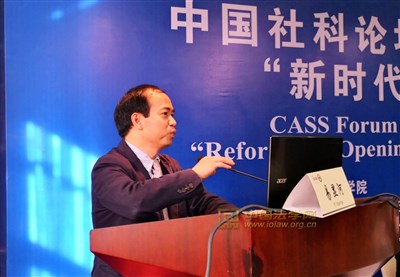

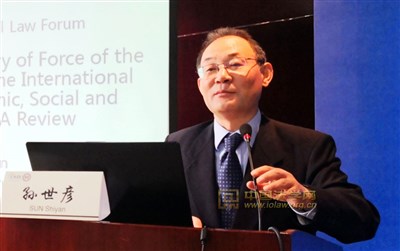
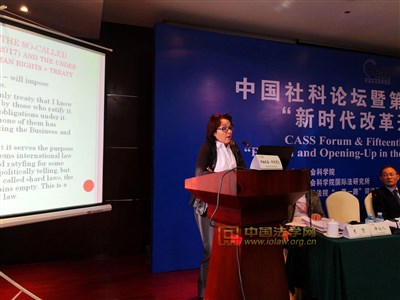
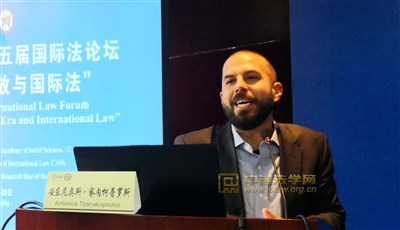
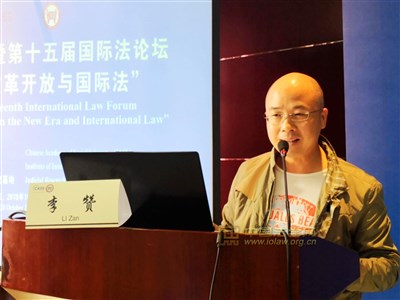
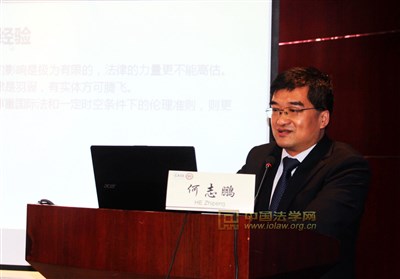
In the fourth session, the following topics were discussed: Sketching the Debate on Military Activities in the EEZ, Was there any international law of territory between 1880 and 1930? Five Years after the Entry into Force of the Optional Protocol to the International Covenant on Economic, Social and Cultural Rights: A Review, Soft Law and Hard Law Blurred Boundaries: The Issue of Compliance versus Obligations in the Field of Human Rights, and Repackaging Disputes to Establish Jurisdiction of International Courts.
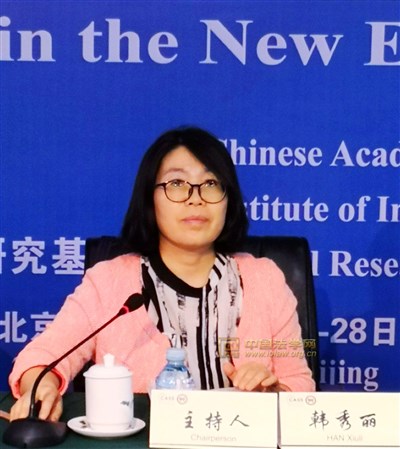
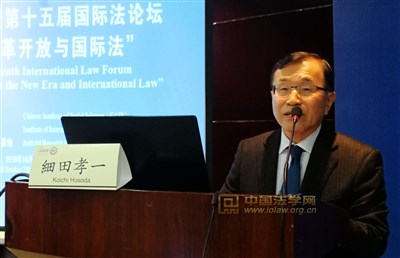
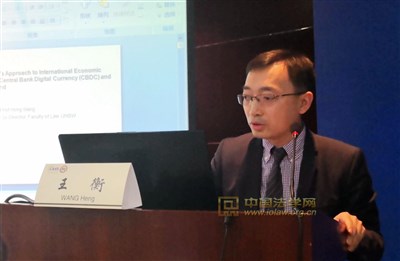
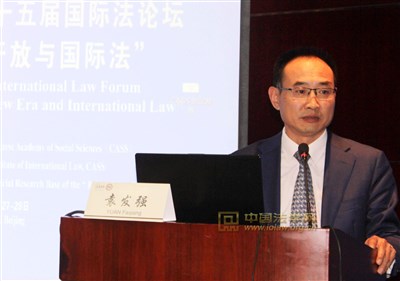

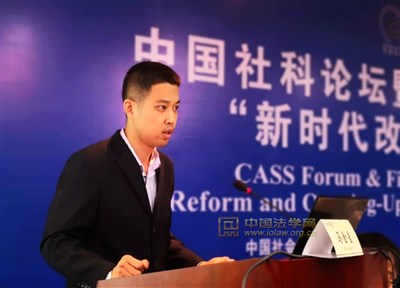
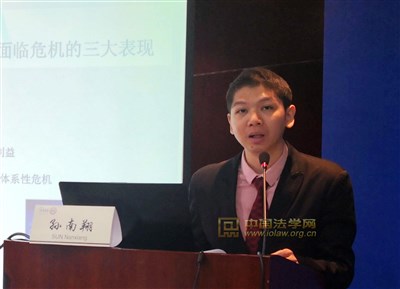
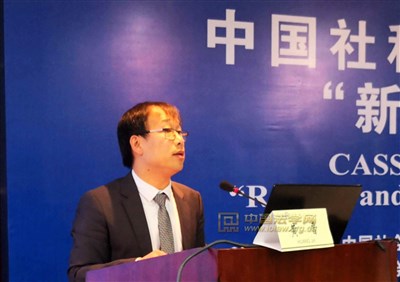
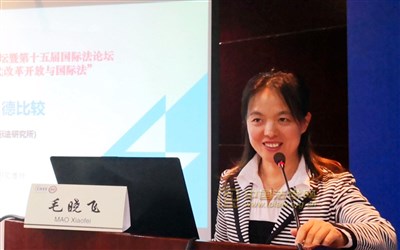
In the fifth session, discussions were carried out around the following topics: Role of Competition Law for LNG Market Development, China's Shift from Selective Adaptation to Selective Innovation in International Economic Law: Central Bank Digital Currency (CBDC) and Beyond, The Establishment of the International Civil and Commercial Dispute Settlement Mechanism under the Belt and Road Initiative, the Issue of EU Migrant Crisis: Responses and Challenges, Review of the Award on the Statue of Maritime Features in South China Sea Arbitration, and The Systematic Crisis of WTO Dispute Settlement Mechanism and Its Countermeasures.
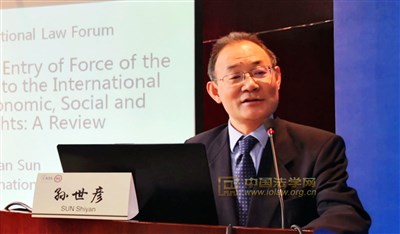
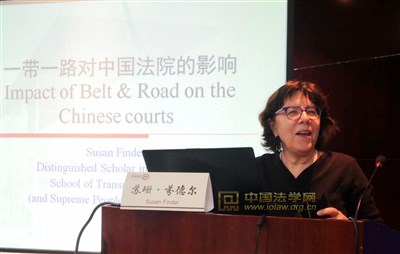
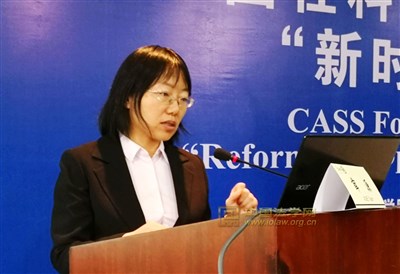
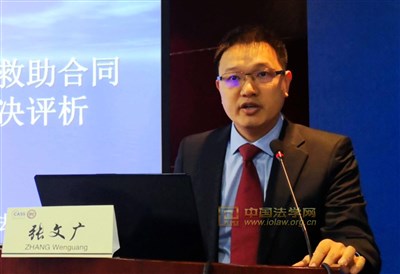
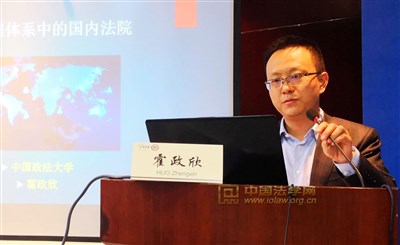

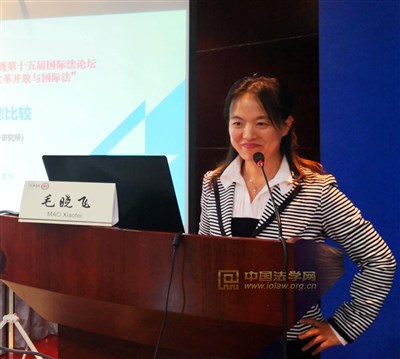


Topics discussed in the sixth session included: The Belt & Road and Its Implications for the Chinese Courts, The Construction of International Commercial Dispute Settlement Mechanism within China's “Belt and Road”, The Nature of Employment Salvage and its Law Application, Domestic Courts in Global Governance, Human Rights: A Factor that Cannot Be Neglected in the Construction of the Belt and Road, and The Unique Model of Chamber for International Commercial Disputes in Germany.
